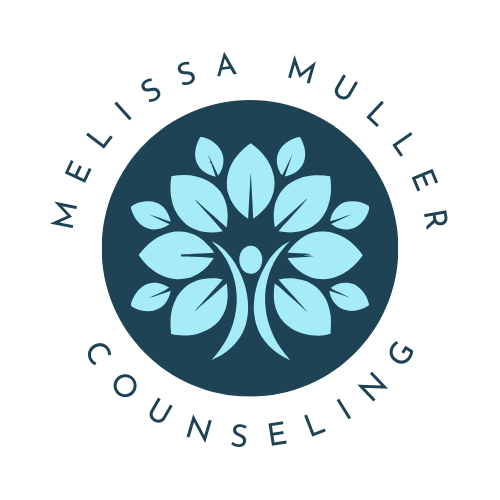Anxiety is a universal experience, touching everyone at some point in their lives. Whether it’s the flutter of nerves before a big presentation or the weight of worry about an uncertain future, anxiety is a natural response to life’s challenges. But when anxiety lingers beyond the moment or grows overwhelming, it can become a barrier to living fully. Whether you’re seeking to understand your own experiences or support someone else, this post offers insights and tools to navigate anxiety with confidence.

How Anxiety May Affect Your Thoughts
When we experience anxiety, we feel it in our bodies, thoughts, and emotionally.
- Racing thoughts
- Restlessness
- A sense of dread or fear
- Feeling on edge
- Unable to concentrate
- Irritability
Anxiety may cause you to want to withdraw from others and to avoid normal tasks.
Ways Anxiety May Affect You Physically

Types of Anxiety Diagnoses
- panic disorder with or without agoraphobia
- generalized anxiety disorders
- specific phobia, social anxiety disorder (social phobia)
- post-traumatic stress disorder
- obsessive-compulsive disorder
- separation anxiety disorder
Anxiety can be very hard to overcome. There are many techniques and coping skills out there to help manage anxiety. Different ones work for different people. If you experience overwhelming anxiety it is recommended that you try many different coping skills to find one or more that helps you manage your anxiety.

Coping Skills For Managing Anxiety
Anxiety can be very hard to overcome. There are many techniques and coping skills out there to help manage anxiety. Different ones work for different people. If you experience overwhelming anxiety it is recommended that you try many different coping skills to find one or more that helps you manage your anxiety.
- Meditation (has been proven to change the brain chemistry after using it for an extended period of time
- Breathing exercises to calm your mental nervous system
- Talk to your people, find a social connection
- Getting outside in nature (some say this is the single, best thing for anxiety)
- Listen to music
- Practice Mindfulness (if you don’t know what this is I’d be happy to teach you)
- Move your body physically – walking, yoga, dancing, sports activities
For specific anxiety disorders there are specific techniques that a mental health counselor can work with you to learn and implement.
Anxiety is on the Rise
Anxiety has become an even bigger part of life for many of us in recent years, especially during the COVID-19 pandemic. A 2021 study from the U.S. Census Bureau’s Household Pulse Survey showed a 13% spike in anxiety among adults from August to December 2020, hitting young people aged 18–29 and those without a high school diploma the hardest. The stress of isolation, uncertainty, and economic challenges fueled this rise, and even though anxiety levels dipped slightly by mid-2021, they stayed higher than before the pandemic. This tells us anxiety isn’t just a personal struggle—it’s a widespread issue. That’s why trying out coping skills like the ones shared here, from meditation to getting out in nature, can make a real difference in helping you find calm and take back control.
Living with anxiety can feel daunting, but you don’t have to face it alone. The coping skills and strategies shared here are a starting point to help you reclaim control and find balance. Try incorporating one or two techniques, like mindfulness or spending time in nature, into your routine this week. If anxiety feels overwhelming or persistent, consider contacting me so we can work together to create tailored solutions. Take the first step today—your journey to a calmer, more connected life starts now.
In Kindness,
MM
